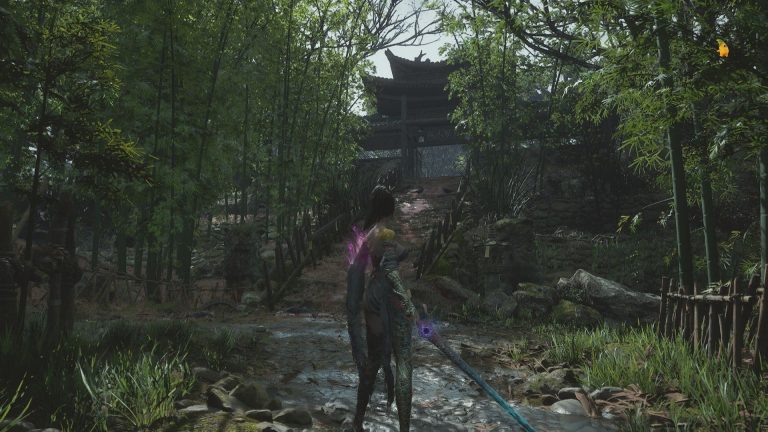By Daniel Leussink
YOKOSUKA, Japan (Reuters) -When Nissan’s Oppama plant opened in 1961, it was one of Japan’s first large-scale auto factories and a symbol of the company’s global ambitions. Sixty-four years and millions of cars later, the storied plant now faces possible closure as Nissan sinks deeper into crisis.
New Chief Executive Ivan Espinosa unveiled sweeping cost cuts this month that included plans to shed 15% of the global workforce and close seven factories worldwide. Battered by declining sales in the United States and China, Nissan faces a mountain of debt repayment and is scrambling to upgrade its ageing line-up of vehicles.
The Japanese automaker hasn’t said which of its 17 plants will be closed. Reuters reported this month that Oppama, in the port city of Yokosuka south of Tokyo, was being considered, as was another, smaller plant in Japan. Factories in South Africa, India, Argentina and Mexico could also be closed, Reuters has reported.
“There won’t be any big companies left,” said Kunito Watanabe, a longtime Yokosuka resident who has already seen supermarkets and a major bank close their doors. Watanabe said he worked for a small trucking company and business was dependent on the Oppama plant. “As long as they are making cars here, we’re okay. But if that stops, my company will shut down.”
Shuttering Oppama, long dubbed Nissan’s “mother factory”, would be an almost incalculable blow for its 3,900 employees and their families, the city of Yokosuka, and Japan itself.
Once the world leader in everything from chips to TVs and stereos, Japan is no longer dominant in electronics and semiconductors, making it more reliant on an auto industry increasingly threatened by Tesla and Chinese EV makers.
Nissan’s willingness to cut jobs at home is the latest sign that the lifetime-employment social contract that governed Japan’s postwar era is slowly unravelling.
NAVAL AIRFIELD
Built on the site of a former Japanese naval airfield and roughly the size of more than 200 soccer fields, the Oppama factory includes a research centre, a test-drive course and a shipping hub. It was the birthplace of the Leaf, Nissan’s first mass-market EV, which was launched in 2010.
Production of that car, the world’s top-selling EV model for years until it was eclipsed by Tesla, has since been moved to Tochigi, a refurbished plant that is not being considered for closure.
Oppama used to produce the Bluebird, once one of Nissan’s best known cars and sold as the Altima in the United States. Now it makes the smaller Note and Aura models. Nissan is Yokosuka’s top employer and one of the city’s major taxpayers, local officials said, making it an essential part of life in the city of 370,000 people.
The factory represents Yokosuka’s transition from a military to civilian economy during the post-war years. The U.S. Navy still has a base in the city and the shipbuilding arm of Sumitomo Heavy Industries has a plant, although it has stopped taking new orders, according to its parent company.
“As Nissan grew and developed, the surrounding area developed as well,” said Kenji Muramatsu, a Yokosuka municipal official. “The entire town was essentially built around the Oppama factory.”
In the boom years of the early 1990s, new cars streamed off the production lines and the streets around Yokosuka were jammed with the vehicles of Nissan employees heading to and from work, Muramatsu recalled.
Today, the area around the local train station is a mix of slightly shabby and shuttered low-rise buildings that are slated to be demolished for redevelopment.
During Nissan’s heyday, Yokosuka became known as one of several “motor cities” in Japan. It was also home to a plant of a Toyota Group company which closed in 2000 and another Nissan plant, which shut in 2010. Typically, when Japanese factories close, workers are reassigned to other plants. Nissan is now offering early retirement to some employees.
HARD TIME
One Oppama worker, who spoke to Reuters on condition of anonymity, said Nissan had been asking for volunteers to take early retirement packages, focusing its attention on employees in administrative roles rather than on production lines.
If the plant is closed, those who keep their jobs will potentially face the hard choice of living apart from their families or uprooting their households from Yokosuka, said the worker, who was in their 50s and had only ever worked for Nissan.
Kaoru Takahashi first worked at the plant more than 40 years ago when she was still a teenager. In her twenties, she did another stint, removing rust spots from car bodies during production.
She no longer works there, but said she knows people who do.
“I feel really bad for the workers who have families and children, who bought houses and have mortgages to pay,” she said.
“Subcontractors will also have a hard time,” she added, rattling off the sorts of service workers reliant on the factory for their livelihoods: rubbish collectors, cafeteria workers, cleaners.
Akio Kamataki, 72, runs a bustling “tachinomiya” (standing bar) near the station. It has been in business at the same spot since 1925, first as a ceramics shop and later as a general store. Kamataki likes to quip it is older than Nissan.
“The Oppama factory is a source of pride” for locals, he said. “I still buy Nissan cars and I like them. I haven’t driven other brands recently, but I like Nissan’s brakes – the way they respond.”
Decades ago, the Oppama plant would be mentioned in elementary school textbooks, he said.
Kamataki had expected to close down for good in March because of the redevelopment project around the station area. But the project has since been pushed back.
“Now I wonder which will close first,” he said, with a grim laugh. “The Nissan plant or my bar.”
(Reporting by Daniel Leussink; Writing by David Dolan; Editing by Kate Mayberry)






